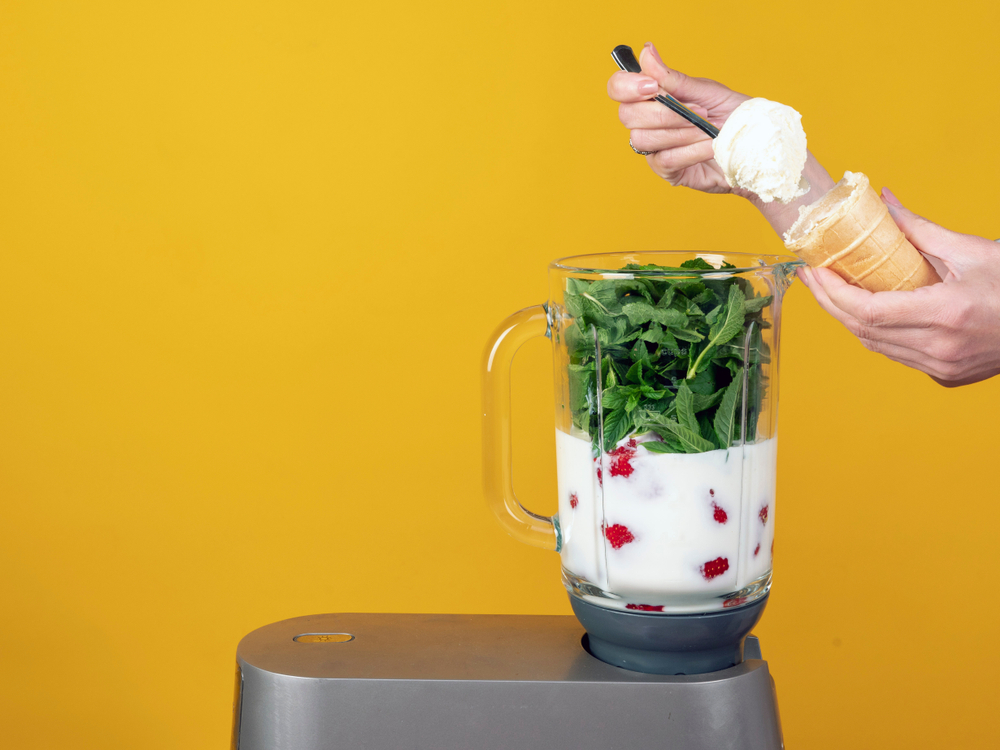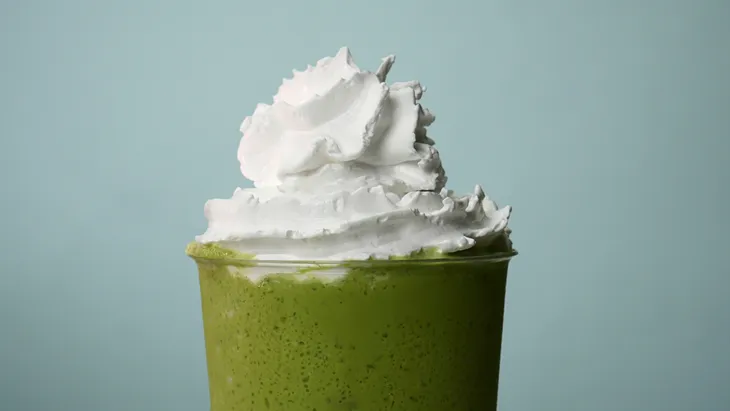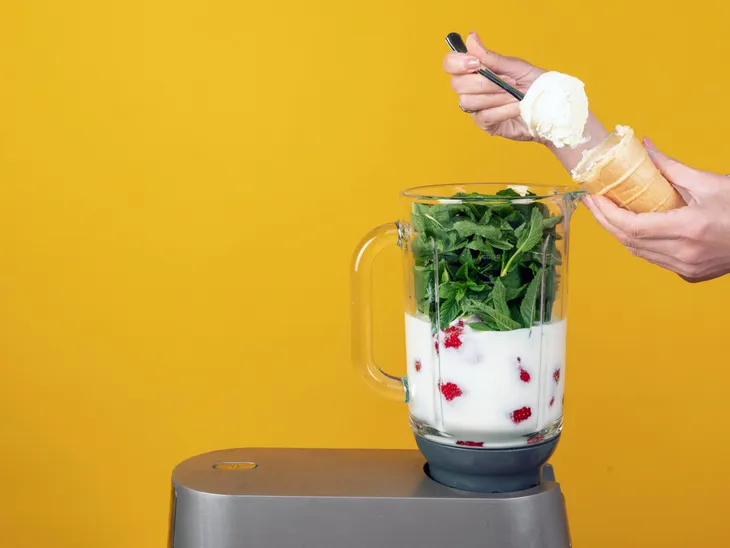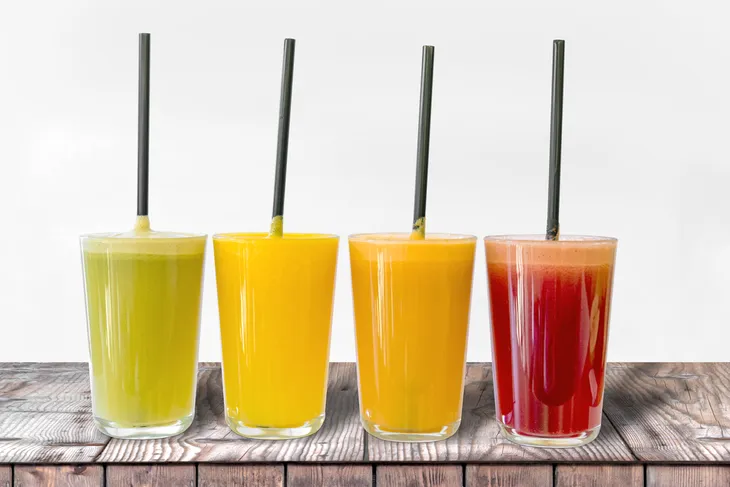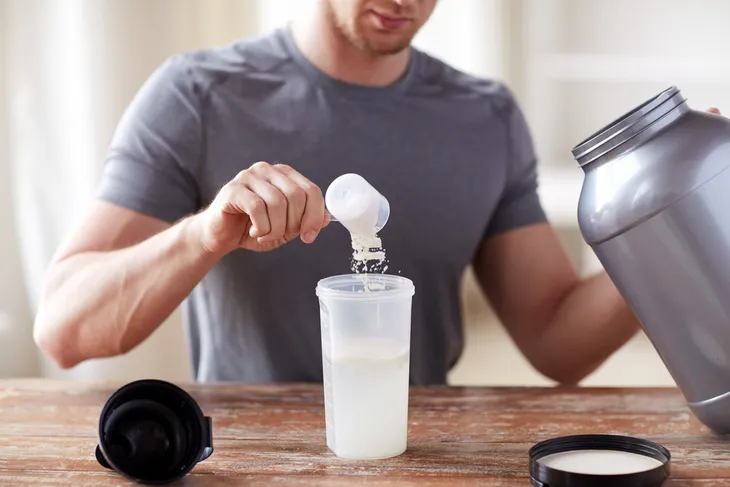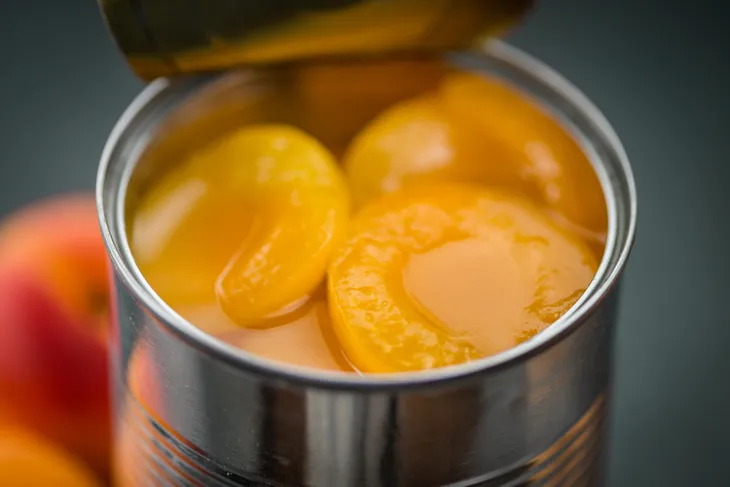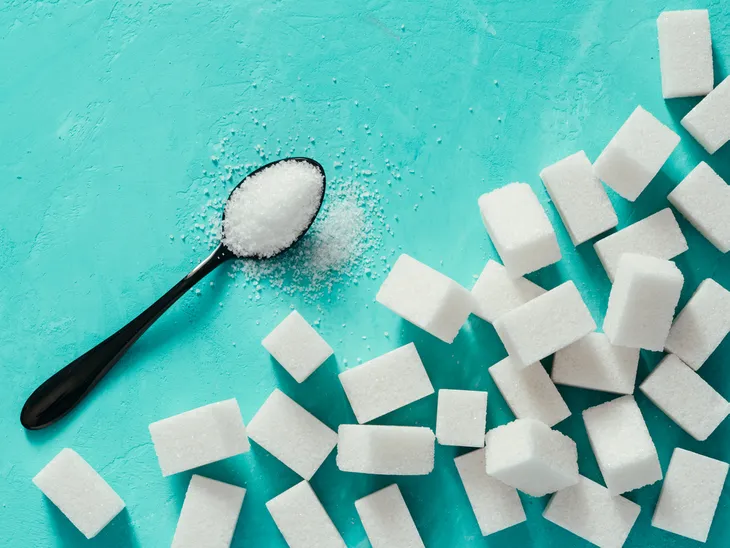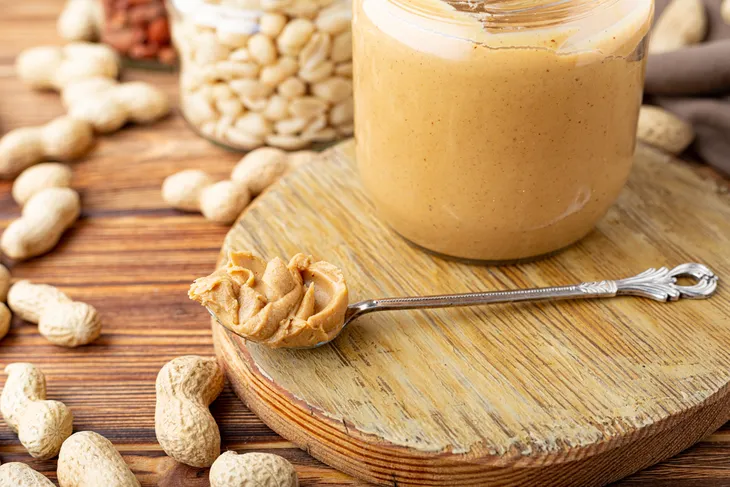Not all smoothies are created equal! In fact, many sneak in some pretty high calorie, fat, and sugar-rich ingredients—despite the healthy misnomer.
Depending on what you blend into your morning or post-workout smoothie, one frothy glass can quickly turn into a smoothie saboteur if they feature these high calorie-, fat-, and sugar-ridden ingredients…
Whipped Cream
I hate to point out the obvious, but any smoothie topped with a thick dollop of whipped cream or Cool Whip isn’t a healthy snack—it’s an indulgent dessert! Not only is whipped cream high in bad fat, sugar, and calories most whipped toppings that you buy in a can are full of unhealthy hydrogenated vegetable oils and high fructose corn syrup.
Ice Cream
Did you really think you could get away with a milkshake for breakfast? Then why would you reach for the pint when you make a breakfast smoothie? Sure, ice creams and even frozen yogurts might feature dairy (which arguably has calcium and protein), however, you can get far less high-caloric, Trans fat, and refined sugar sources if you opt for plain Greek yogurt or almond milk.
Sweetened Fruit Juice
If you add sweetened fruit juice or juice in concentrate form to your smoothie…well, you’ve just added a whole lot of calories and refined sugars, but not much nutrient value. I’m not pointing the finger at all fruit juice. In fact, a small splash of all-natural pomegranate or OJ can take the taste up a notch, but the fruit should be all natural with no added refined sugars or flavoring.
Artificially-Sweetened Protein Powder
I didn’t strike a big red X against all protein powders in smoothies forever and ever. However quality ingredients should matter. Consider blending in a protein powder with all-organic, non-processed ingredients, a powder that doesn’t contain any artificial sweeteners, MSG, added sodium, or flavor additives so that your blood sugar remains stable.
Chocolate Syrup
Probably one of the biggest smoothie offenders is the chocolate syrups—or any processed Nestle in a bottle or chocolate powder that makes your smoothie taste like a rich dessert instead of a healthy snack. However, that doesn’t mean you can’t enjoy a smoothie with a sweet flavor. Try curbing your chocolate cravings by adding in a handful of cacao nibs and sweeten with a natural, zero calorie superfood, like spirulina or fresh mint.
Canned Fruit
Canned fruits are full of sneaky, refined sugars. Used as a processing agent in canned fruits with syrup and even come with fruit juice, opt for fresh or frozen fruits (packaged with no added sugar) and get your body used to natural, fiber-rich, healthy sugar sources instead.
Processed Sugar
Now why would you take a perfectly healthy blend of fresh fruit and plain yogurt and ruin it with processed sugar? Refined sugars—think brown rice syrup, evaporated cane juice, cane syrup, molasses, and even brown sugar—should be kept away from your smoothie blender.
These ingredients cause a blood sugar spike that ends in an inevitable sugar crash. For a touch a natural sweetness, use fresh berries, or a touch of all-natural honey, or real maple syrup.
Processed Peanut Butter
I like adding ripe banana and a teaspoon of nut butter to my smoothie as well! However, many store-bought peanut butters (I’m looking at you Skippy) can ruin your weight loss goals. If you don’t buy all natural nut or seed butters (i.e., almond, sunflower seed), toss a small amount of flax seeds, chia, or hemp seeds into your smoothie to get healthy fats plus a nutty flavor.
